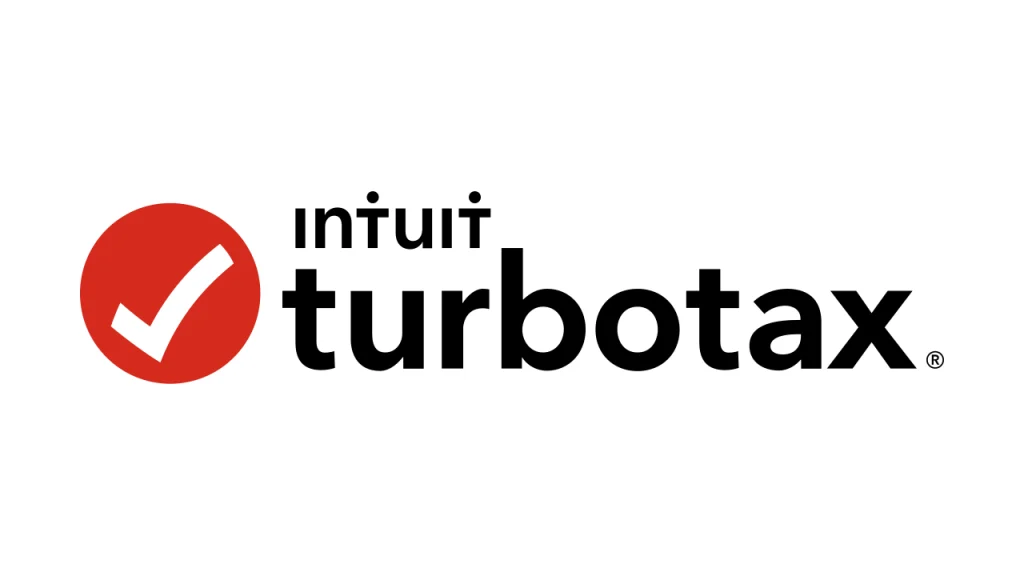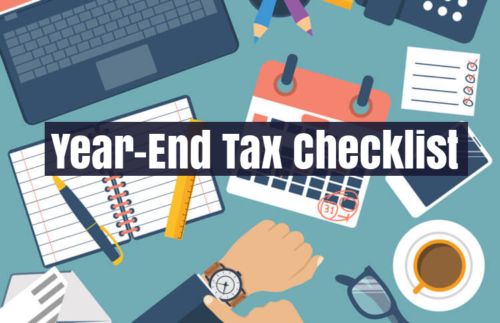
Taxes

Personal Finance Guide
This is section 4 of the goerFI Personal Finance Guide.
MAIN POINTS
1. Get educated on your tax liability as an expat.
Do research to learn about your tax liability in the United States, as well as the tax laws in your country of service and whether your income would make you liable to pay taxes there too. Your research will help you avoid costly legal or financial errors while living in a foreign country. Here’s two professional expat tax companies to check out for consulting and tax advice:
2. Always file your taxes.
Just because you may not owe any federal income tax does not exclude you from filing your taxes.
3. You CAN choose how much tax you pay.
Two people who make the same amount of money might not pay the same amount of tax, because one is informed and knows the methods to limit their tax liability and can choose when and how they are liable for that tax. By being informed, you can take steps to pay less tax and keep more money. Don’t assume that you can’t do anything about it; this guide will help you be informed and take real action. Use legal strategies to limit your tax liability.
Legal strategies for goers to limit tax liability
- Foreign-Earned Income Exclusion (FEIE)
- Roth 403b contributions when living overseas
- Roth IRA contributions if you have some US-earned income
- In-Plan Roth Conversions (IPRCs) in 403b accounts.
- In-service withdrawals of post-tax contributions (rollovers from 403b to Roth IRA)
- Capital gains harvesting
- Donor-Advised Funds (DAFs) and stacking multiple years of charitable contributions
(all of these strategies are described in this personal finance guide)
4. Use the Foreign-Earned Income Exclusion (FEIE) to exclude most/all of your foreign-earned income.
The FEIE is the most-commonly used tax benefit for expats. If you qualify for the FEIE, then all of the money that you earned while physically located in a foreign country will not be subject to US federal income tax. This significantly reduces your tax burden. Read Greenback Tax Services Complete Guide to the FEIE here.
5. Consider the Foreign Tax Credit (FTC) rather than the FEIE.
For some goers who have paid income tax in their country of service, it may be more beneficial to use the Foreign Tax Credit (FTC) rather than the FEIE. This guide does not describe this strategy in detail, but you can learn more here about how to choose between these two tax benefits for goers.
6. When filing your taxes, use either a software or a professional with experience specifically serving expats.

TurboTax works for many expats. For a more complicated tax return, consider hiring a CPA with experience handling expats’ or goers’ taxes specifically. In fact, many CPAs do not have this experience and often make errors regarding the FEIE or regarding eligibility to contribute to retirement accounts. The two companies mentioned in point #1 are a great starting place for professional tax advice for expats.
7. Know when to take the standard deduction and when to itemize your deductions.
When filing your taxes, know the difference between taking the standard deduction and itemizing your deductions, and when it may be advantageous to do one over the other. NerdWallet has a great summary on this topic here: Itemized Deductions: Definition, Who Should Itemize – NerdWallet. Often, goers will take the standard deduction, but it’s important to know why you are taking it, and what opportunities it creates for you.

For goer investors, there is one main strategy to be aware of regarding the standard deduction. When you claim the FEIE and exclude the majority or all of your earned income from federal income tax, you still have the standard deduction as a free pass to incur a tax liability and not actually owe any tax. Goers are often very excited to simply owe no federal income tax, or to get a refund. But what they should be asking is, “How much more tax liability could I trigger this year and still pay no tax? What opportunities remain untapped?“
If you calculate the amount of tax liability you will have in a calendar year, you can determine the amount of “cap-space” that you have to still incur more tax liability. You could choose to do any of the following tax strategies to utilize that cap space:
- Perform an In-Plan Roth Conversion in your 403b account
- Perform a Roth Conversion from a Traditional IRA to Roth IRA
- Harvest capital gains in your brokerage account
For example, if you have a substantial amount of money in your traditional 403b, you could use IPRCs each year to convert that money slowly to Roth money in your 403b. By incurring the tax liability in that calendar year, you are saving your future self from paying taxes on those amounts. When you reach age 59 ½, that money will be available to you tax-free, even though it started out as a traditional 403b. Or when you leave your employer, you can rollover that Roth 403b money into a Roth IRA, also tax-free on withdrawals.
8. Do an end-of-year review of your financial situation each Nov/Dec.
This will allow you to make any last-minute adjustments in retirement account contributions or giving to maximize your savings or maximize your tax efficiency. You can create your own end-of-year review that works for you. Your end-of-year review will likely incorporate many of the strategies you have learned at goerFI. The key is to make this an annual rhythm!

LEARN MORE
Don’t just take our word for it! Check out these other resources.
This page last updated April 2022
